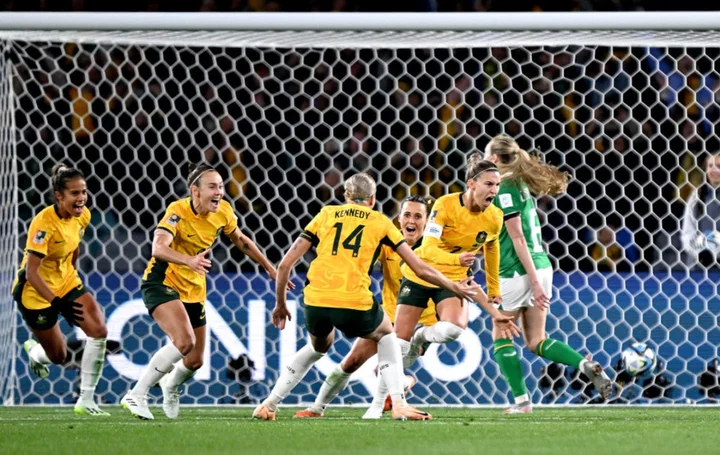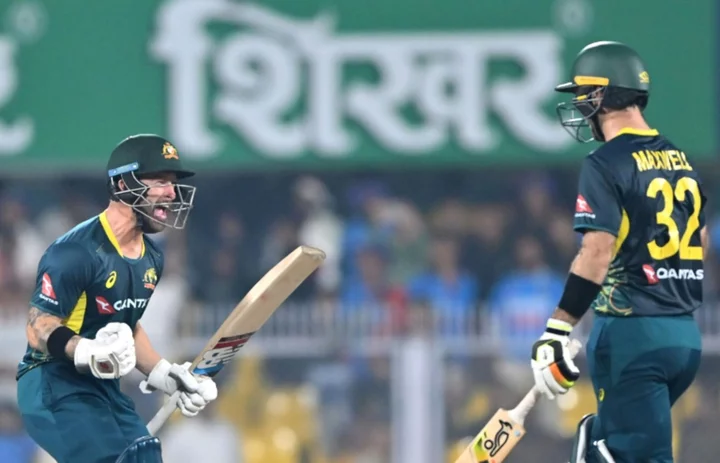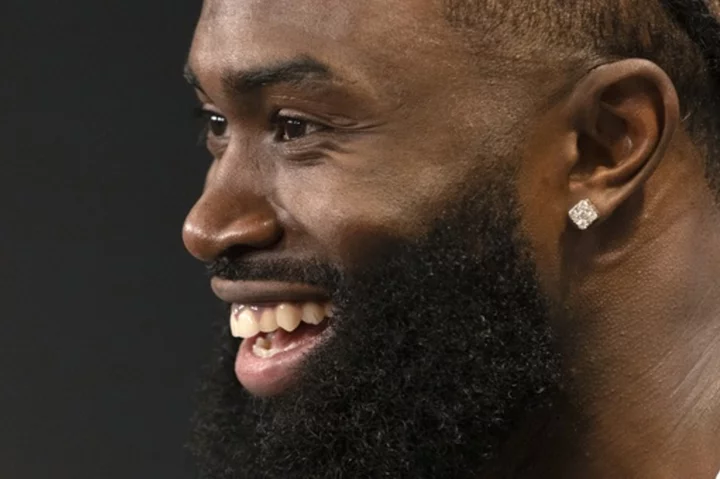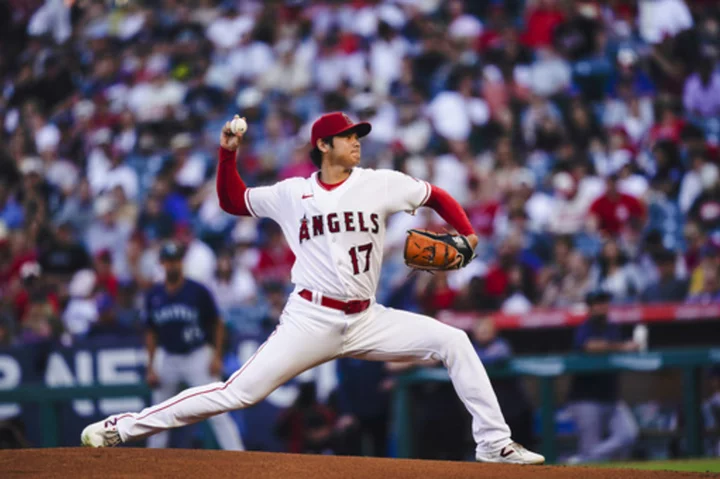Australia get away with it, Ireland will feel they should have got something. Both can take some encouragement from their opening game of the Women’s World Cup, while England can take encouragement from how beatable these possible last-16 opponents look.
This absorbing first game for the co-hosts was so much more engaging than a single penalty from Steph Catley and a narrow 1-0 suggested. Some of that might have been down to Sam Kerr’s injury for the opening two matches. The truth is it makes Australia a completely different team.
That’s also why it could have been a lot worse for the hosts. A proud if frustrated Ireland would have felt they should have had so much better, though.
Many would certainly have expected worse going into this game. Australia have been seen as potential champions, a huge wave behind them, and significant momentum.
That might return with Kerr, but it is for now a disruption, an uncertainty. It also can’t be discounted that nerves could have added to that.
The context was key to all of this. This was the biggest match the hosts had ever played, the move to Stadium Australia symbolising that.
It was also the biggest match Ireland had ever played, since it was their first ever World Cup game.
They rose to that to add to Australia’s issues.
Ireland have always been a defensively drilled team under manager Vera Pauw but, as befitting the occasion, there was an escalation. It wasn’t just the team giving more. There was more to the approach. It often felt as if a good defensive unit evolved into systemic hard challenges, reminiscent of a Diego Simeone side.
Australia, already missing Kerr and the manner she naturally links the entire team together through her central attacking role, were further disrupted and broken up. There was little fluency to their play.
There couldn’t be. Ireland were too disruptive. Louise Quinn was one of a few Irish players meeting everything at the back but it went right up the pitch.
Arsenal’s Katie McCabe was typically willing to lead the way. She was so committed she suffered injury to her fingers, but was also fortunate not to be further sanctioned for a particularly abrasive challenge on Hayley Raso. Their encounters on the left developed into a proper battle, mostly in the right way - although not without some edge.
The issue was maybe how the use of McCabe took away from some of her edge, but it was necessary against a superior side. It just always carries some risks of its own.
There was almost a Chekov’s tackle just before half-time, when Marissa Sheva went in very heavily on Katrina Gorry.
Ireland were always on the brink of giving something more on way, even as they attempted to give up no space.
The only surprise was maybe how early it came, given that it looked like it was going to become one of those matches where the home side were forced to the limits of their patience. As it was, shortly after half-time, Australia lofted a ball forward. If Raso’s position in the box was anticipated, less likely was that it was Sheva marking here.
The forward had her hands all over Raso’s back and the Australian finally had the recompense for a lot of punishment in the game. Her team had a badly needed penalty.
Catley stepped up, the atmosphere suddenly ratcheting up. The delay only added to the nerves. Catley didn’t show any. She hammered the ball right into the top corner.
Australia had their reprieve and, temporarily, enjoyed a release. There was an extended spell when they were enjoying much more space around the Irish box.
That only served to show, however, how much they miss Kerr. Australia had about 10 minutes when Ireland looked affected by the goal but couldn’t maximise it. Pauw’s team in turn sensed this and really picked it up.
They began to get at the hosts, to get around them. McCabe’s superb set-piece deliveries were constantly causing problems. For one, the ball fell back to Heather Payne in a free position near the penalty aree, only for the winger to swipe at it.
It said enough that Australia goalkeeper Mackenzie Arnold was already time wasting by this point. It actually meant there was more time for anguished chances for Ireland. As late as the 96th minute, the ball fell back to McCabe, only for the team leader to not fully get behind the shot. She immediately got behind a brilliant cross, though, that Louise Quinn could only head wide.
Australia were relieved.
Ireland could take huge pride, and they will surely challenge Canada and Nigeria for second place in this group - and maybe a knock-out game against England.
Australia, however, take the three points. It’s a start. It could have been worse for the hosts, but it needs to get a lot better.
Read MoreWomen’s World Cup 2023 LIVE: Australia defeat Ireland after Sam Kerr blow as New Zealand stun Norway
Women’s World Cup teams: Every squad and key players to watch
What TV channel is the Women’s World Cup on? How to watch every match









